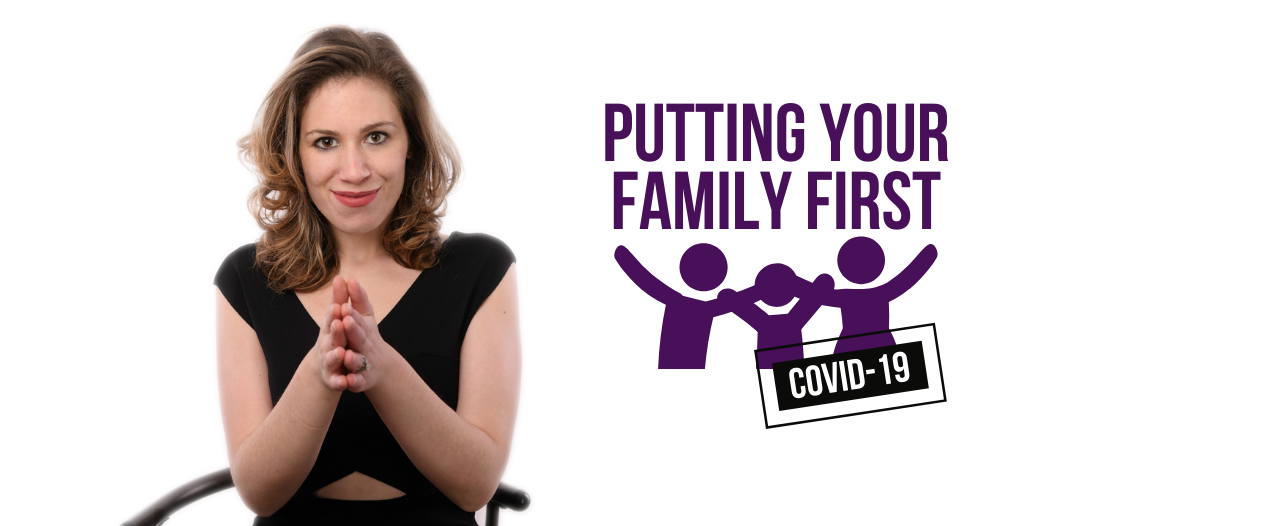Couples Therapy Exercises
No relationship stays the same and that is why couples therapy exercises are so important.
It starts as one thing and evolves into another. That’s a good thing!
You shouldn’t want to live a static life. It’s unrealistic and leaves little room for growth.
The whole point of a relationship is to see whether it can make you better. A better lover, friend, and human.
Ideally, you choose someone that will both challenge and support you as you grow.
Ideally, you grow together into something stronger than what you started as. This isn’t always the case though, hence couples therapy exercises are often desired!
Relationships grow and sometimes end.
At some point, both or one of you may realize it’s run its course. There’s no point going forward.
A lot of times that decision is crystal clear, and other times it’s not. Maybe you’ve got a lot invested in the relationship like kids or too much history to walk away from easily. Other times, you still deeply love your partner and want to see if it can work despite all of the hard times.
Wherever you fall on the spectrum, you need to realize that the key to working through relationship difficulties lies with the both of you. There’s no magic pill. It takes hard work and changing the way you communicate and show love.
After all, isn’t that what it’s all about? Hopefully, by now you know that most hard things are worth the effort. The more you put in, the more you’ll get out.
A relationship expert and therapist can offer unique insight into the ways you communicate. We can help you identify patterns of behavior that may be holding the two of you back. Typically, we give couples some exercises to help overcome challenges in the way they talk to and treat each other. Here are some basic exercises you can try in your relationship.
Reflective Listening
If you look critically at your communication pattern, you may notice that you’re quick to talk and slow to listen. It can be hard to take this feedback, which is why so many couples find more success in sessions with a therapist.

When things get heated, we become so married to our point of view that we’re eager to make that the narrative in the relationship. We don’t want to cede ground. Even if you’re not speaking while your partner is talking, you’re may simply be planning what point or argument to make next.
Reflective reasoning is an effective method that both communicates that you hear and understand your partner, and helps you take in whatever message they’re giving you.
A good example of this is when, after listening to your spouse or partner say something, you say something to the effect of, “What I think I hear you saying is that part of you ____ and part of you ____. Is that close?”
You’re reflecting the message your partner is communicating. If you reflect it and your partner still doesn’t feel you understand, then you’ve identified an area you can work on.
Reflective listening requires patience as you iron our ruffles in the way you project and receive messages from one another.
RIGHT Intentions
Aligning your intentions is critical to relationship success. Unfortunately, too many couples get stuck in patterns of abuse and resentment that they lose sight they should be acting the best interests of their partner!
Sometimes hurt feelings can cause you to lash out, withhold love, or even actively sabotage your partner. Under these conditions, it’s hard to see any success on the horizon.
To right the ship, you have to adjust your intentions to the positive. If you want something to improve, don’t blame, and instead give clear simple, and actionable options for your partner.
This is easier than it sounds, especially if things have been bad for a while. Start small and grow from there.
RIGHT Tone
Have you ever heard your partner say something to you and knew they meant something different? If you’ve been together long enough, you’re attuned to their subtle cues. Not everything needs to be verbalized.
Most couples are surprised when they hear how their tone is interpreted. It might even be worthwhile for you to record some of your conversations, so you can listen back to the way you sound and how your partner may interpret your tone.
To help things get better in your relationship, shift your tone to a more positive one. Focus on speaking without judgment in a calm matter. This helps communication become more effective when things are rough. It removes some of the heat of passion and emotions like anger from your talks.
Thinking About Consent

Every relationship, at every stage, has a power dynamic. Even couples who don’t like to admit it experience this. That’s not to say power dynamics are static. They shift and morph as you do.
Many couples start with one partner taking a lead role in sex, where you live, what car you buy, and a million other decisions. Years down the road, the other partner may develop a desire to be more active in decision making and take on more of a leadership role. That’s fine and natural.
Relationships run into trouble when one partner is unhappy with the power dynamic and the other refuses to compromise. Essentially, the rigid partner is stifling the other’s growth. Now, they may be doing that because they feel like the growth will adversely affect them, and that’s fine. Just know that your willingness to let power dynamics mature will impact the long-term prospects of your relationships.
The best way to ensure successful relationship dynamics is by creating a system whereby consent can be given and received easily.
Each partner should be able to quickly discover whether their partner is along for the ride. Whether it’s with sex, the finances, social decisions, or careers.
You should think about scheduling regular check-ins to discuss consent or even create relationship “safewords” that each of you can use to trigger your partner into knowing something’s not right and the two of you should talk.
These are just some of the many strategies a relationship counselor can work with you on as you progress and grow in your relationship. There’s always more to learn and that’s the point.
You can get more free content on relationship and sex tips by checking out my Youtube Channel – The Sex Healer.
If you know someone that would benefit from this information, feel free to share it.
Get your guide to connect more today

About Life Coaching and Therapy
Life Coaching and Therapy (LCAT) is a therapy and coaching practice that transforms our clients lives through our flexible. Multi-technique approach and pleasure-skills training provided by systematically-trained and licensed therapists!
 Get to know our founder and owner, Amanda Pasciucco, (a.k.a. The Sex Healer) PhD, Licensed Marriage and Family Therapist (LMFT), and an AASECT Certified Sex Therapist (CST) that has developed innovative therapy programs and therapy videos that get results.
Get to know our founder and owner, Amanda Pasciucco, (a.k.a. The Sex Healer) PhD, Licensed Marriage and Family Therapist (LMFT), and an AASECT Certified Sex Therapist (CST) that has developed innovative therapy programs and therapy videos that get results.
Our team of compassionate, licensed therapists and certified sex therapists help all clients who visit us for a variety of personal, relationship, intimacy and sex problems.
LCAT provides on-site appointments, as well as video chat and text therapy programs.
Learn more about how LCAT can help improve your life at What We Do.










 Get to know our founder and owner, Amanda Pasciucco, (a.k.a. The Sex Healer) PhD, Licensed Marriage and Family Therapist (LMFT), and an AASECT Certified Sex Therapist (CST) that has developed innovative therapy programs and therapy videos that get results.
Get to know our founder and owner, Amanda Pasciucco, (a.k.a. The Sex Healer) PhD, Licensed Marriage and Family Therapist (LMFT), and an AASECT Certified Sex Therapist (CST) that has developed innovative therapy programs and therapy videos that get results.






























